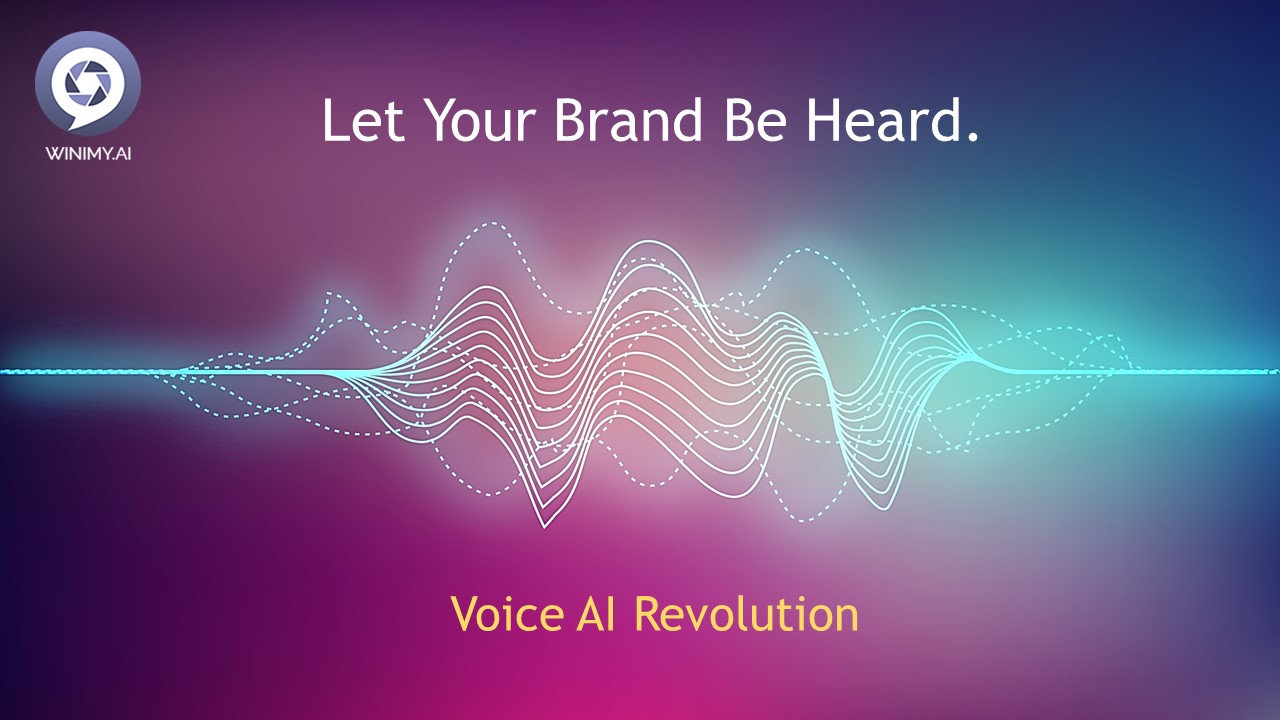Okay Google, “Tell me if my brand messages are redundant”


Welcome to the future where technological innovation continuously redefines the brand landscape. The two key trends that are making it possible are – Machine Learning (ML) and Natural Language Processing (NLP) that are changing the way businesses can leverage data and technology.
The rise of Voice AI devices — Amazon Alexa, Google Assistant, Apple Siri apart from other Intelligent Personal Assistant’s (IPA) has allowed people to easily engage with technology through the use of voice.
Consumers today are more inclined towards greater convenience in every aspect of life and these technologically evolved devices provide just that, after all what could be more natural than using voice commands to do searches, instruct digital voice assistants and get the smart speaker to do things around the house using home automation. No tapping, no typing, just your voice asking for what you want and your voice assistant delivering it like a genie- be it tickets or groceries or controlling the temperature of the room.
As Jeff Bezos said, “Your brand is what other people say about you when you’re not in the room,” meaning that if that other 99% of information floating around about your brand is positive, the 1% that you control – your advertising – might be redundant in the age of the Voice Revolution
Here is how the rise in voice assistant and voice AI is impacting search behaviour patterns and trends.
As Voice-based devices are growing in popularity with 39 million in the U.S. alone, marketers need to consider their brand strategies to engage to meet the ever-changing needs of the consumer and to survive the competition. Businesses have to be a part of this technological wave and create a brand persona that fits the brand.
The three things that brands need to change to adapt to the rise of voice AI are:
Agile Customer Engagement – The success of any brand depends on customer experience. Brands need to create engaging and relevant ads that will garner consumer attention such as videos in social media feeds, or interactive banners in games etc. As AI enables behavioural profiling the technology enables marketers to personalize their messages based on the customers browsing history, location, and demographic profile. The customer does not need to know what is automated, all they need to look for is a good experience. If done well, voice can be a powerful extension of a brand and, and one of the most defining features of the customer relationship.
Rethink Brand Strategy – The key to the success of a brand depends on how the consumer perceives your brand, and whether they align with your messaging. In today’s connected world, audio has the power to cut through the clutter — often the most important message can be conveyed more emotionally than any other form of advertising. By leveraging voice-based AI, companies can drive value across their brand portfolio, enter new markets, and improve their pipeline.
Hyper-Personalization – Brands need to consistently rethink how voice AI can interact with the customers to improve brand experience. Voice enables you to engage your customer anywhere, anytime – from their car to their living room. It allows you to seamlessly engage in conversations with the customer and suggest solutions that are optimised to them. Soon we’ll see brands that are successful are the ones that put in more effort to personalize the message and create a brand experience that enables a richer and more meaningful experience for the consumer.
To Summarize it can be said that Voice AI is becoming a game changer for brand marketing because it offers the customers what they really want: Control. Companies have large amounts of customer data at hand to customise their experiences and invent new ones tailored to their wants and subsequently create engaging advertisements. However, Voice AI is still at a nascent stage and marketing professionals are only getting a brief glimpse of things to come. For the purposes of a first mover advantage and differentiation, this is the time for brands to make a foray into this bandwagon, To stay ahead, marketers need to start experimenting with this technology for their brand to transition seamlessly when the voice revolution takes over.
Want to know how your brand can create a competitive advantage using Voice AI? Get in touch with us at [email protected] to give your brand a VOICE.
